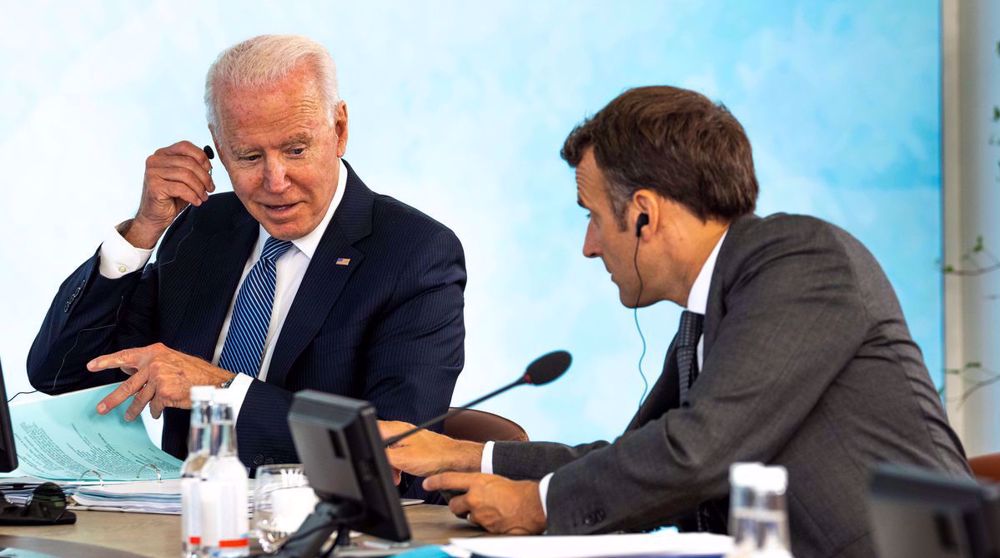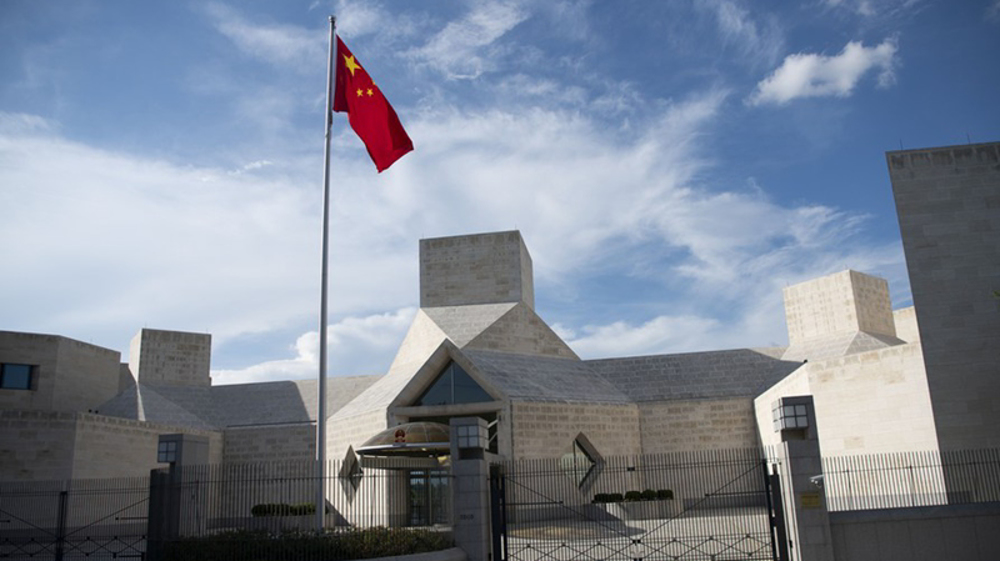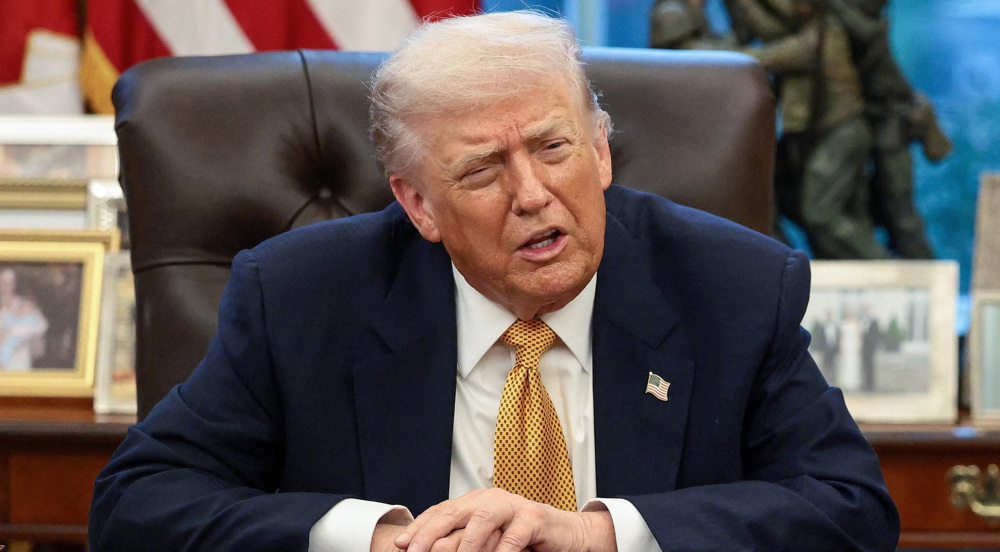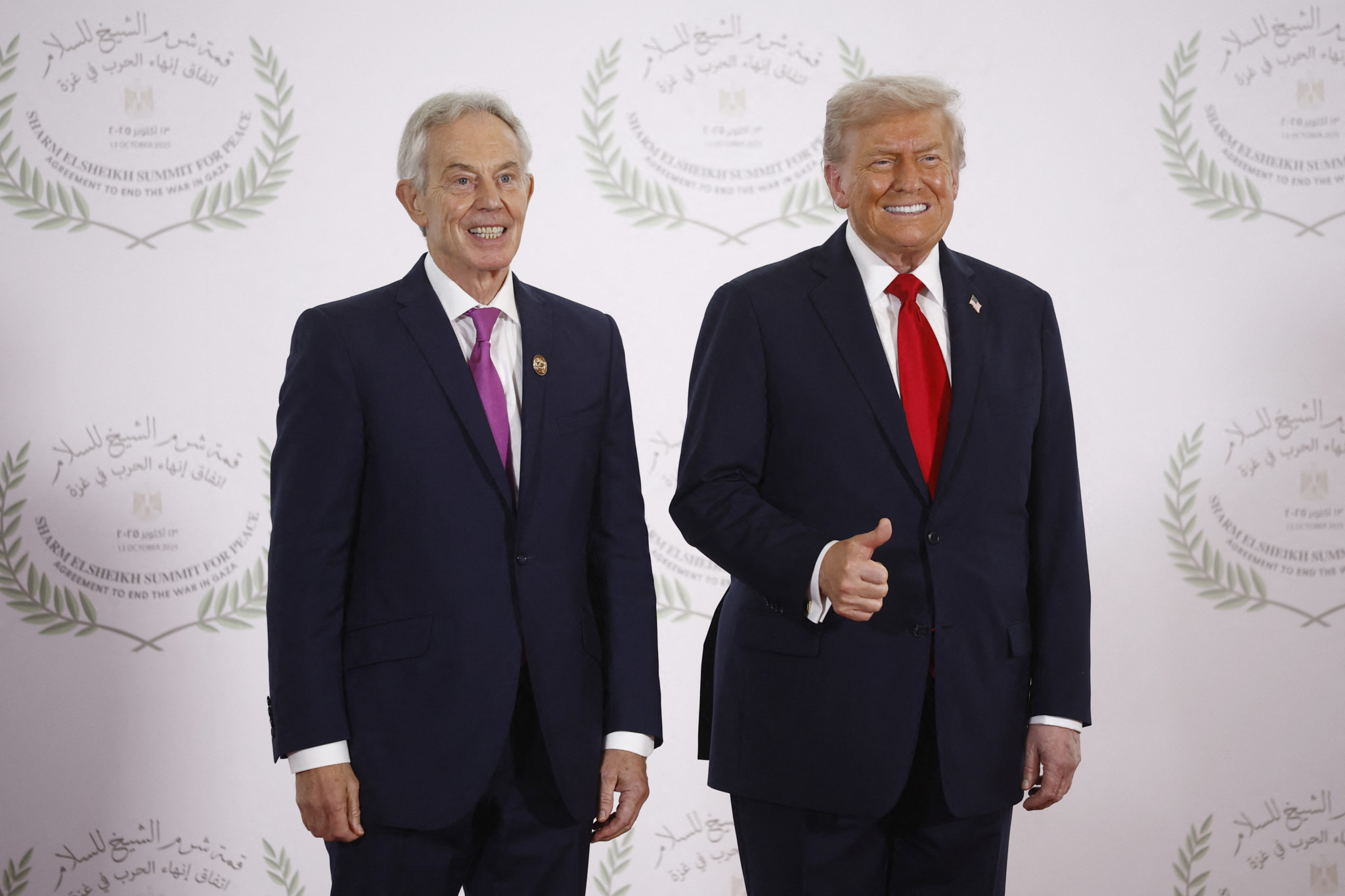Biden stabs France in the back on Australia nuclear deal: French foreign minister
France has accused US President Joe Biden of stabbing it in the back and acting like his predecessor Donald Trump after the Biden administration pushed Paris aside and signed a lucrative multi-billion nuclear deal with Australia for submarines.
On Wednesday, the United States, Britain and Australia established a security partnership for the Indo-Pacific to protect their what they called shared interests and help Australia acquire American nuclear-powered submarines and scrap the $40 billion French-designed submarine deal.
Under the new partnership, known as AUKUS, the three countries have agreed to enhance the development of joint capabilities and technology sharing and foster deeper integration of security and defense-related science, technology, industrial bases and supply chains.
"This brutal, unilateral and unpredictable decision reminds me a lot of what Mr Trump used to do," Foreign Minister Jean-Yves Le Drian told franceinfo radio. "I am angry and bitter. This isn't done between allies."
Australia had selected French shipbuilder Naval Group in 2016 to build a new submarine fleet worth $40 billion to replace its more than twenty-year-old Collins submarines.
Australia’s defense and foreign ministers had reconfirmed the deal with France two weeks ago, and French President Emmanuel Macron praised decades of future cooperation when hosting Australian Prime Minister Scott Morrison in June.
"It's a stab in the back. We created a relationship of trust with Australia and that trust has been broken," Le Drian said, according to Reuters.
There have been concerns in recent months that Biden, like Trump, is not being forthright with his European allies, according to diplomats.
"This is a clap of thunder and for many in Paris a Trafalgar moment," Bruno Tertrais, Deputy Director of the Paris-based think tank the Foundation of Strategic Research said on Twitter, referring to a French naval defeat in 1805 that was followed by British naval supremacy.
He said it would "complicate the transatlantic cooperation in and about the region. Beijing will benefit."
Meanwhile, China also reacted to the new so-called security alliance announced by the United States, Britain and Australia aimed at addressing security concerns in the Indo-Pacific region, calling on the three countries to shake off their “Cold War” mentality.
Liu Pengyu, the spokesman for China's embassy in Washington, made the comments on Thursday, following the formation of the security pact a day earlier amid China's growing influence over the strategically vital region.
Countries "should not build exclusionary blocs targeting or harming the interests of third parties. In particular, they should shake off their Cold-War mentality and ideological prejudice," Liu said.
The latest development comes as Washington and its allies are looking for ways to push back against China’s growing power and influence in the region.
The three leaders did not mention China and senior Biden administration officials who briefed reporters ahead of the announcement said the move was not aimed at countering Beijing.
US-China relations have grown increasingly tense in recent years, with the world’s two largest economies clashing over a range of issues, including trade, Chinese Taipei (Taiwan), Hong Kong, military activities in the South China Sea as well as the origins of the new coronavirus.
Pezeshkian calls recent riots in Iran part of ‘failed’ US-Israeli war
UK ‘preemptively’ discharges pro-Palestine hunger strikers recovering in hospital
US dollar falls in Iran amid rising export currency supply
Trump’s ‘Board of Peace’ for Gaza an extension of Israeli occupation: Ex-UN rights chief
IMF expects Iran’s economy to grow by 1.1% in 2026
Over 9,350 Palestinians held in Israeli prisons as of early January: Rights groups
VIDEO | Press TV's news headlines
Israel plans to seize Palestinian-owned land in occupied East al-Quds











 This makes it easy to access the Press TV website
This makes it easy to access the Press TV website